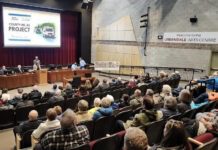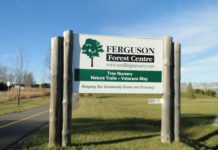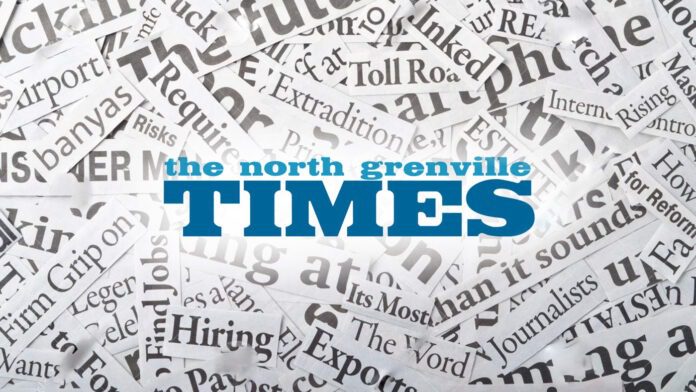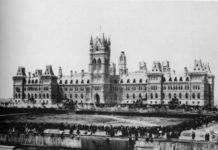Every country needs, at some point in its history, to revisit traditional ideas, to reconsider the national myths and sense of identity, to get a clear and true perspective on where it has come from, where it is today, and where it wants to go in the future. Usually, these re-evaluations take place at times of national celebration, or national crisis. Canada, 150 years later, is a perfect opportunity for a national process of soul-searching.
On this Canada Day in 2017, there are winds of change blowing through the country that can be disturbing, encouraging and challenging, all at once. They concern some of the aspects of Canadian life that have been valued, or ignored, or even which remain constants in our collective story but now need to be reconsidered. As a country, Canada has always had certain tensions that require careful handling. For example, I will use the term “country”, rather than “nation”as one might with other places, because in Canada, “nation” can have deep-rooted associations leading to division and not unity. The word means very different things in our two official languages.
The Dominion of Canada was founded, in part, to try and find a solution to the two nations issue, one which was historical in origin and had led to political deadlock and conflict before 1867. Originally considered as a solution for the Canadas alone (today’s Ontario and Quebec), Confederation was enlarged to include Nova Scotia and New Brunswick, while Newfoundland and Prince Edward Island voted to stay out. But the foundational issue of French and English has never gone away completely and remains a fundamental fact of Canadian life. Bilingualism still stirs up strong feelings across the country, as do Quebec’s language laws.
What about the peoples who were here before both French and English colonisers? They are still here, living under an Act of Parliament such as no other ethnic group endures, still relegated to second-class citizenship, still fighting to retain their cultural and social identities in the face of attacks from both Francophone and Anglophone governments. We have institutional racism in Canada. What will we do about it to deserve 150 years of celebration?
The Canadian Government has had to apologise to Ukrainians, Chinese, Japanese, as well as indigenous peoples in previous years for the way in which their ancestors had been treated. But that fear of foreigners endures to this day.
No-one doubts the reality of extremist terrorism and its potential. But it is not new. In 1865, a foreign ethnic group, identified by their religion, were posing a real threat to British North America. They were armed, battle-trained and threatening to take their war to Canada. In fact, in 1866 they did actually invade and the last Canadians to die defending their country from invasion fell in the battle against – the Irish. The Fenians had a large and influential following in Canada itself, and were seen as a danger that remained potent for thirty years after Confederation.
The Irish in Canada, already treated with less than respect, were faced with the charge of treason and terrorism, just as moderate Moslems are today. To preserve what we value about Canada, we must avoid panicked responses that undermine our core values. We must decide who we want to be as a people, and what it is that we celebrate on July 1. Is our only response to threats to be negative, military and oppressive, or has Canada got more in its culture, society and character to face down such threats?
There is an urgent need for Canadians to address these areas of our society, areas where the perception is not matched by the reality. Every nation has its national myths, its ways of seeing itself and what it stands for. But there is a need, at some point, to separate myth from reality if a country is to mature, grow as it should, and fully develop its potential in all aspects of the national life.
Far more than almost any other country on the planet, and far more than our nearest neighbour, Canada is a beacon of civilisation and an example of what people from diverse backgrounds and cultures can achieve together. It is the country in which I chose to live and raise my children. There is room for diversity in politics, religion, language and customs, and a freedom to speak and think and act that is unmatched in most of the world. But is not built on perfection: it has developed through conflict and differences, with structures and philosophies that came through deep and divisive debate and struggle. Let’s not be afraid to honestly evaluate where we are today, so that we can plan and build on a strong and real foundation for our children’s children. We have much to celebrate together in this year of Canada 150.









